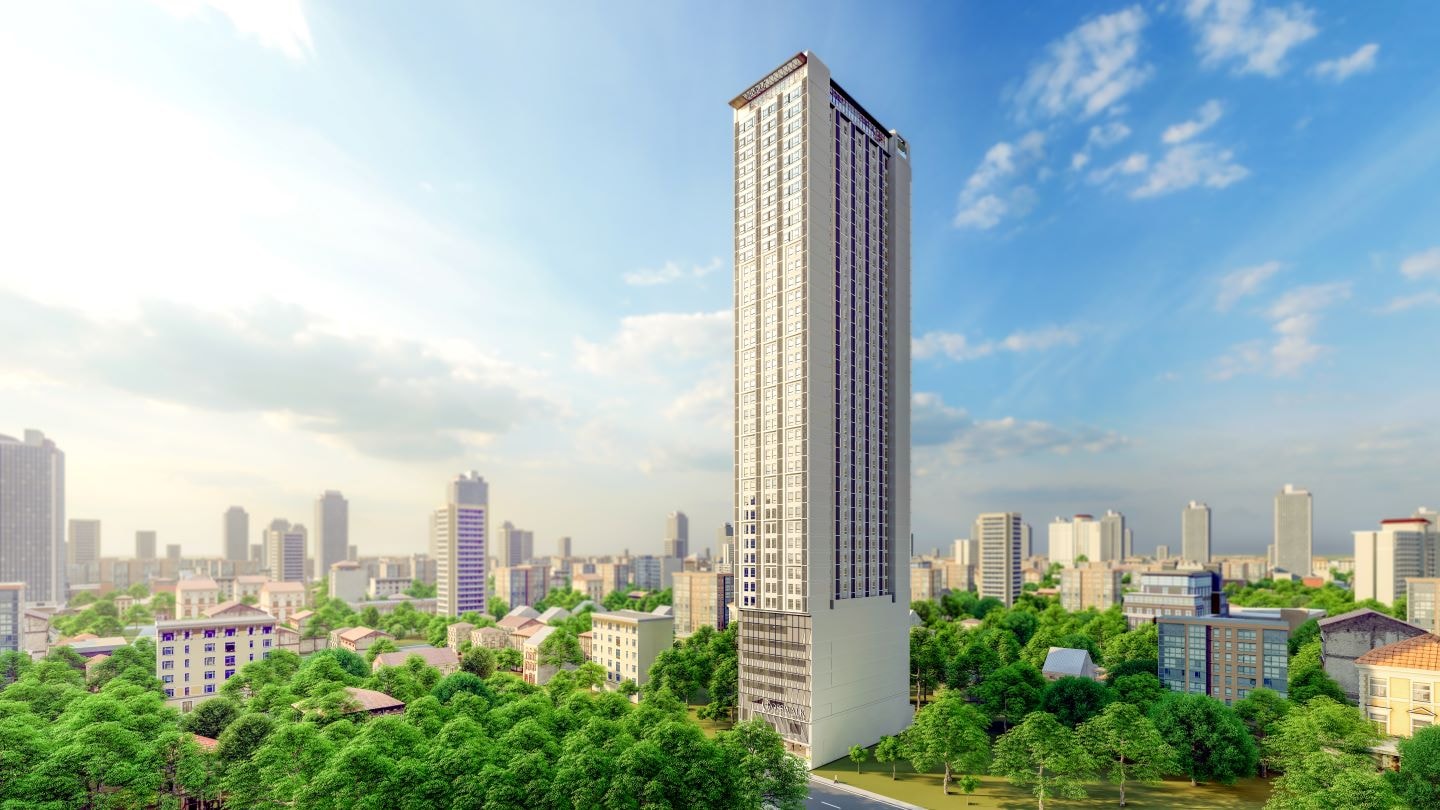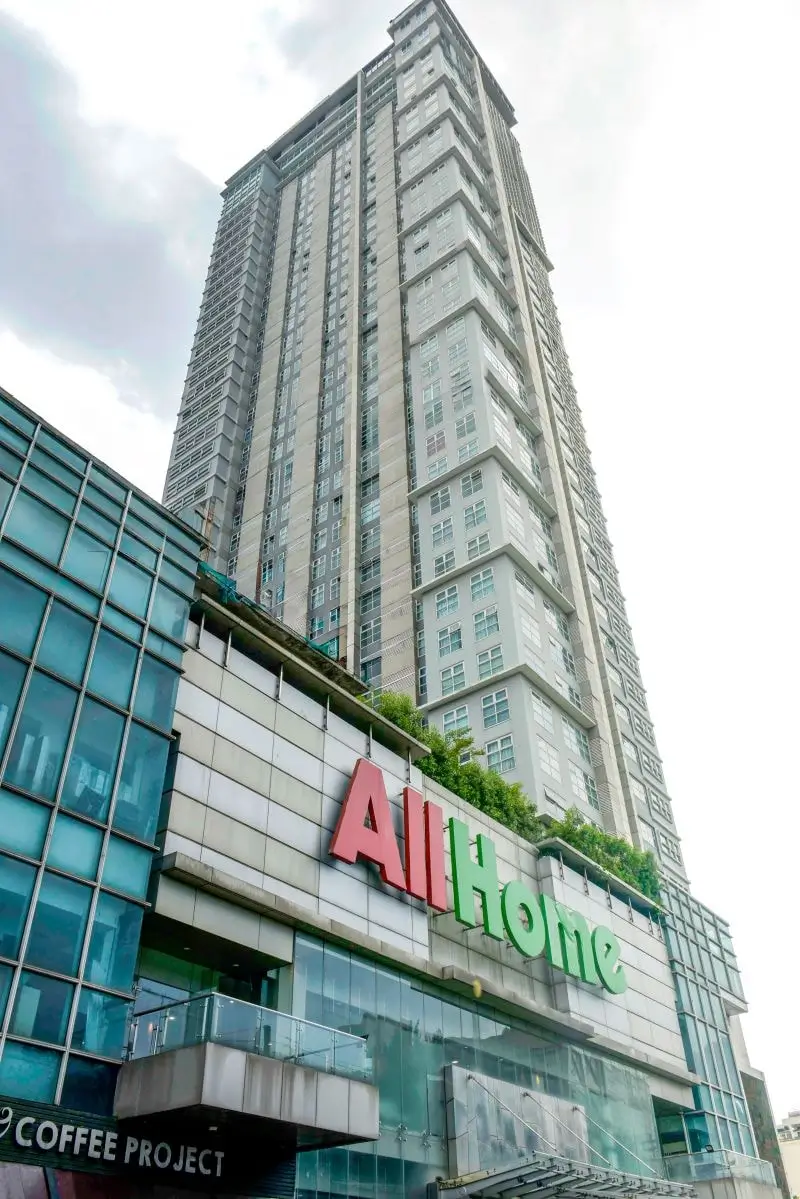Do you plan to rent out your apartment or home? Maybe you've been thinking about investing in real estate. Either way, managing rental properties you own is a wise but hazardous choice. These days, there is a lot of demand for rental property, particularly in desirable areas. Additionally, since you're starting a whole rental management business, a landlord checklist will be necessary to guarantee smooth and trouble-free transactions.
Your first-time landlord checklist should include a number of measures to ensure that your prospective tenant is taken care of. You can also utilize it to protect your rights as a conscientious landlord. Make sure you're prepared for the agreement by reviewing the lease's and the property's restrictions, landlord-tenant regulations, zoning, local landlord-tenant laws themselves, and even notice periods.
Rental Owners
It describes a landowner who leases or rents out their property to a third party in return for money. Landlords can be companies, people, or other kinds of organizations. While the tenant or leaseholder is in charge of maintaining the whole rental property's overall upkeep and cleanliness, the landlord normally takes care of any essential maintenance or repairs during the rental period. A lease agreement often specifies the particular responsibilities and obligations of each party.
Find an online tenant
The best strategy to find tenants is to create an online rental listing, as most tenants hunt for their next apartment online. Make sure to include images and advertise your listing on websites such as Trulia.
Creating an online rental listing that provides tenants with information about your rental property is essential to attracting tenants. The more information you can provide about the rent, address, number of bedrooms and bathrooms, amenities, and nearby attractions, the better. Providing sharp pictures of each room and common area is also a good idea because it will pique the attention of potential tenants who can picture themselves living there.
The easiest way to draw in quality tenants who will take care of your property and pay their rent on time is to create an attractive rental listing that highlights your property inspection's greatest characteristics and makes clear what you need in a tenant.
Use digital staging to take pictures like a pro.
With the aid of some excellent photos shot by a professional photographer, your next residential property or rental property will have a better chance of being rented quickly. It is advised that these be made better with virtual staging so that potential tenants may visualize themselves residing there and appreciating the space's worth.
Put a disclaimer in the listing stating that the rent price for the furniture pictured is not included and that the apartments have been practically arranged. The use of both staged and candid photos could highlight this.
A credit and background check is required.
One of the best methods to find out if a candidate is financially responsible is to run a credit check. The following warning signs should be looked out for when assessing a prospective tenant's credit and background checks: a history of substantial debt, late rent payments, bankruptcy filings, and previous evictions. A tenant with a solid financial and criminal history is more likely to respect the property, pay rent on schedule, and not have any relevant criminal history.
Remember that renting to a person with good credit is usually a wise decision. Negative credit could indicate financial irresponsibility, even for the most ideal candidate, and no amount of charm or charisma can make up for that.
Before signing, go over your tenant’s rental application and lease agreement.
With a strong rental application, you can quickly learn details about your potential tenant, like name, address, reason for move, employment history, income, and landlord references. Asking the right questions is essential to ensuring you have all the information you need to decide who will live on your property.
Talking through the terms of the lease in detail with your tenant should be another item on your checklist. Use this chance to go over the terms and conditions you have in place in order to prevent such disputes. It's imperative that the terms you've agreed to are understood by both you and your tenant. Additionally, you can use this space for your tenants to voice their concerns and, if allowed, negotiate.
If both parties are happy with the terms and conditions, you can now sign the contract.
The best way to lay out your expectations and safeguard yourself in the case of a legal disagreement is to have a formal rental agreement. Verbal agreements are less successful than written lease agreements that are signed by both parties, even if they are allowed in some situations (usually for agreements that last less than a year). Without a documented record, it might be challenging to confirm the terms of the agreement before the renter moves in.
Go over the utilities and property maintenance agreement with your tenant.
You are responsible for making sure all utilities are working. We don't want your residents to be inconvenienced by water disruptions, burst water pipes, flickering lights, or even power outages.
Take heed of the rules of grass maintenance and rubbish collection while cleaning the apartment or rental property.
Once more, the terms of your lease should outline who is in charge of regular upkeep duties like gardening and garbage collection. It was agreed upon by tenants and landlords of some single-family homes that tenants would take care of the grass. As a result, rather than the renter receiving a ticket, the landlord may do so. The landlord should contract with a regular landscaping company to handle tenant maintenance requests for this if there is any possibility of misunderstanding.
Cleaning the apartment or rental property before the new tenant moves in is essential, in addition to being a hygienic practice. Check to make sure there are no messes, rodents, or odd objects from you or previous tenants.
Tenants and landlords may misunderstand each other in this area of disagreement. When it comes to handling pests like mice and cockroaches in your rental homes, know your rights and obligations. If the tenant has accountability for them, this should be clearly stated in the regulations of the lease and in the renter's payments.
Think about hiring a top property management and manager.
If you want to save time and money on items like renting out your home, collecting rent, and handling tenant complaints and issues, hiring a property manager can be a wise choice. A skilled property management company or manager can help you manage multiple rental properties if you're feeling stressed by your landlord's duties.
If you don't live near by or would rather not handle all of the administrative tasks involved in managing the rental, hiring a real estate manager is an excellent option. You are able to relax knowing that the rental you own is being well and promptly maintained when you delegate property ownership responsibilities to a third party.
Recall that you have a duty by law to give your residents a livable atmosphere. You may want to consider hiring property management services if you are unable to devote the time or finances required to this crucial activity. If there are tasks that need to be completed, like painting the walls or giving your property's roof some TLC, a top property management software or manager may be required to recruit an appropriate worker or take on a lot of labor.
By managing your landlord obligations and the tenants themselves, a property manager, if you can afford it, may relieve some of the pressure that comes with renting. As with selecting the ideal renter, make sure prospective property managers are thoroughly vetted. Don't forget to get local recommendations and speak with other people before making a decision.
Tenants
A renter is a person who leases real estate from an owner. This could be a house, an apartment, or even a room in a shared residence. Tenants are granted the right to occupy a property in exchange for regular rent payments, which are typically made once a month.
Consider carefully what kind of property you desire and what kind best fits your way of life at the moment.
- Do you require a garage or off-street parking because you own a car?
- Do you need an unfurnished rental because you own a lot of furniture, or would a partially furnished rental be more suitable since you own less?
- Do you need a fully furnished place since you recently graduated from college and have no furniture?
- You may forfeit all or part of your deposit to cover damage if you select a furnished or partially furnished option. You will also be responsible for maintaining the furnishings.
- Do you need or desire a garden for your kids, pets, or yourself?
Read your written tenancy agreement carefully to understand your rights and landlord responsibilities.
Before you sign, get counsel if you have any questions concerning the contract.
Together with your landlord, come to an inventory (also known as a check-in report), and don't forget to take pictures for further security. In the event that there is a disagreement about the deposit at the end of the rental, this will simplify matters.
Sign the inventory if you are satisfied with it, and save a copy.
Don't forget to record your meter readings upon moving in.
This will assist in ensuring that you do not settle the debts of the prior renter.
Make sure you have the landlord's or agent's contact information up to date and that you have it close at hand. You ought to receive these.
Check the property’s condition and local legislation in the area.
You and both tenants will need to take pictures of the property before the move-in date. This can help you in the event that the existing tenant reports any issues or if there are damages after a tenant vacates the rental property. Include as many specifics as you can, such as the state and any necessary renovations or repairs. Taking pictures and talking with your tenant about them is also essential.
The city or municipality may have landlord-tenant regulations that need to be complied with. It's a good idea to search online for the pertinent local laws about property management companies screening tenants and the rental laws in the Philippines. If you still have issues, you might want to consider hiring a local real estate attorney to go over them and make sure your lease and property taxes are organized correctly.
It will be simpler for you if you are aware of the applicable rental laws in your city or municipality.
Look after the property.
Maintain cleanliness and take good care of any gadgets and furniture. Never try decorating or making repairs to an investment property without first getting permission from your agent or landlord. Get in touch with your landlord or agent to schedule repairs if you find any problems. You run the danger of losing your deposit if you fail to report small issues that grow into bigger ones.
If you need assistance in an emergency (after hours), such as a burst pipe or a broken boiler, refer to our instructions on how to get aid.
Regularly test smoke alarms.
Learn how the boiler and other important appliances operate. Determine the locations of the fuse box, stop cock, and any meters. It is far preferable to know now rather than try to find them later in an emergency. If necessary, inquire with your agent or landlord.
Not to mention, show consideration for your neighbors. You might be evicted for engaging in antisocial behavior, so please be mindful of your neighbors.
Ending Your Tenancy
There are certain things that both landlords and tenants need to do at the conclusion of the rental income for the tenancy, if you or the landlord decide to do so:
Providing Notice
Landlords are legally required to give you appropriate notice if they wish you to vacate. Generally, the landlord has to give at least two months' notice and let any specified time of the tenancy expire. The amount of notice you must provide the landlord to vacate the property should be specified in your tenancy agreement; often, this is one month's notice.
Return of deposit
Make an effort to be there when the property is examined to determine whether any amount from the tenancy deposit has to be withheld for repairs or cleaning expenses (also known as a "check-out inventory").
Get in touch with the appropriate deposit protection plan if you disagree with the suggested deductions.
Outstanding Rent
Verify that you are paying your rent on time. If you believe that the rent will be deducted from the deposit, do not hold onto the rent.
Outstanding Bills
Pay your bills on time. Your credit score and references may be impacted by this.
Clean Up
Give a forwarding address, return all of the keys, remove everything from the residence, and note the meter readings.
The landlord is entitled to dispose of possessions left on the vacant property after, typically, 14 days.
First-time landlords must follow a process that includes screening potential tenants, completing a rental application, choosing a security deposit, and going over the terms of the lease if potential tenants are already interested.
Renting out a property is a great business, but it should be easy to collect rent, and you have to prepare ahead to minimize unforeseen costs. If you have meticulously followed your checklist regarding potential tenants, then that is possible.
As everyone knows, the departure of a renter can be just as upsetting as the arrival of a new one. It is your responsibility as a property manager to make sure that the move-in date, lease terms, rental payment options, and monthly rent are all set in stone. We know there are a lot of things to keep in mind, so to help you get started managing a rental again, we've provided a first-time landlord checklist.
.png)









